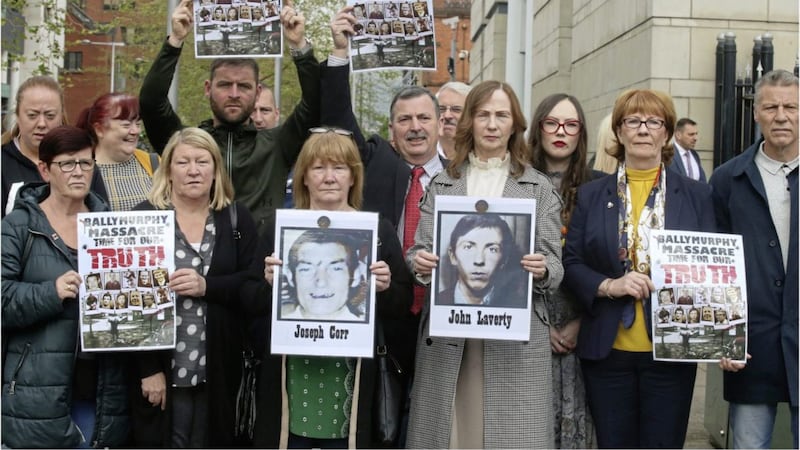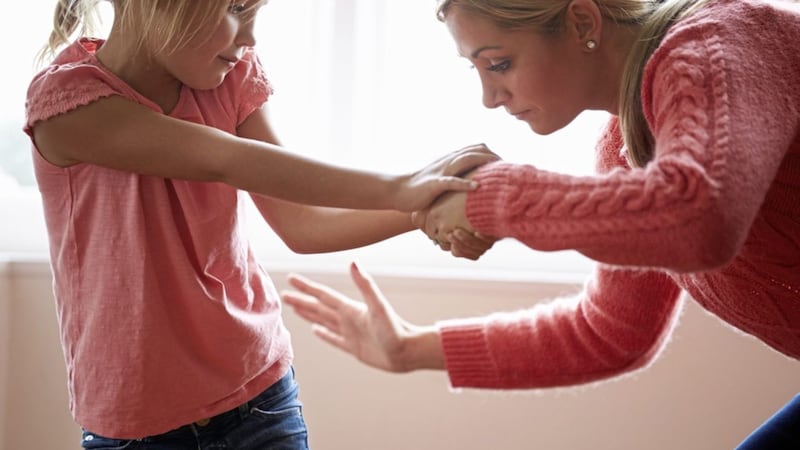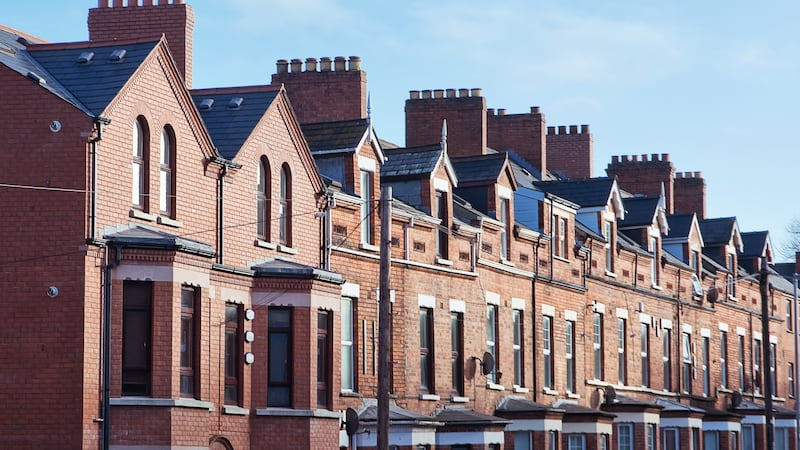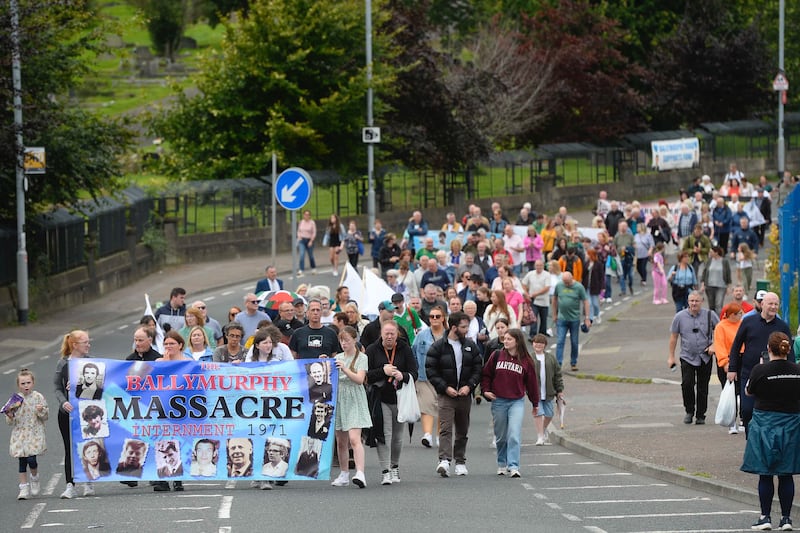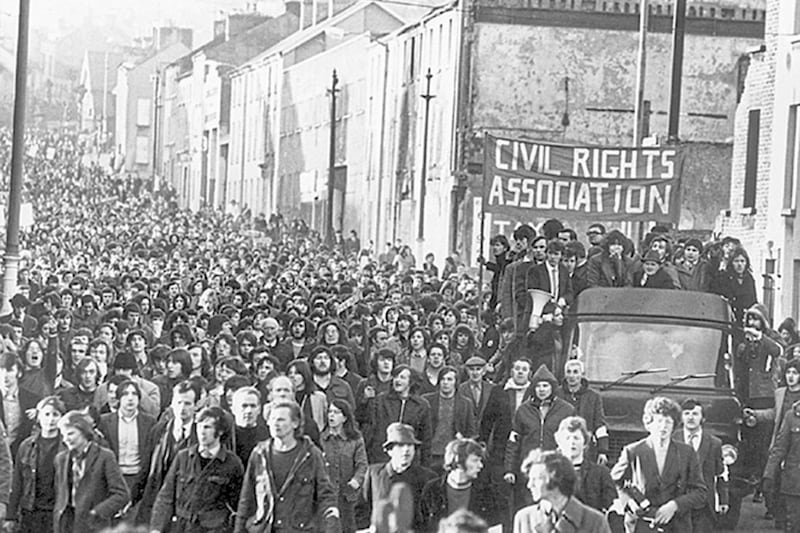TWO brothers have recounted being dragged from under a bed as teenagers in the early hours of the morning by paratroopers as a dying man lay outside.
Robert Doyle was 16 in August 1971 when he was beaten by members of the Parachute Regiment, along with his older brother Bernard, who was 18 or 19, an inquest at Belfast Coroner's Court heard.
Robert Doyle told an inquest into a series of disputed shootings that his father had woken him and his brother, and he later found out his father had gone out to man barricades with others against soldiers after the introduction of internment.
He said that at around 4am to 4.30am on August 11, his brother Bernard opened the door of their home at the top of Whiterock Road to hear heavy footsteps and shooting coming down from the Mountain Loney, and saw a dying man outside.
Bernard Doyle said he did not know who the man was at the time, but afterwards came to believe it was John Laverty (20), who was shot in the area that night.
Robert Doyle said his brother tried to pull the man inside the house to help him.
He told the inquest: "He shouted 'no, it's too late, I'm dying. Get in or you'll be shot too'."
The brothers had been hiding under a bed when paratroopers "bashed in" the door and pulled them out of the house, the inquest heard.
Robert Doyle said soldiers also beat them with thick rubber hoses.
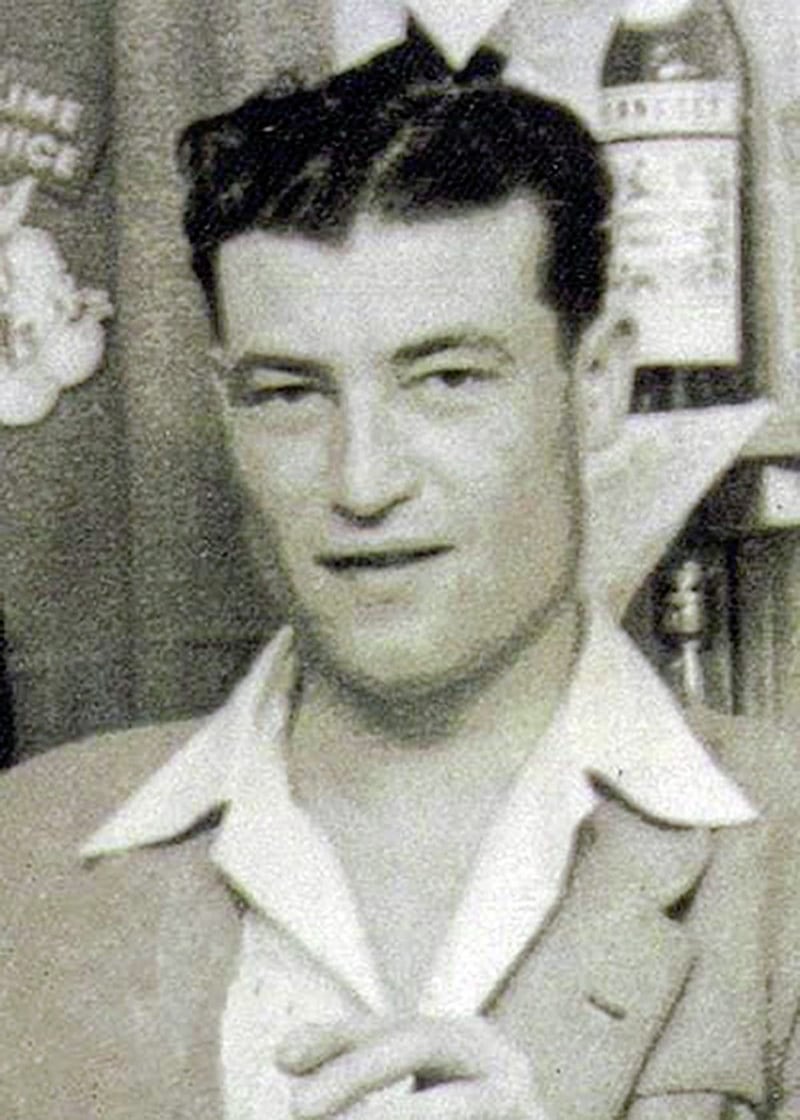
They were then transported with up to 30 others to Girdwood Barracks, where they were forced to run a gauntlet of soldiers and police officers who beat them with batons, the inquest heard.
"We had to jump out of the lorry and run the gauntlet. If someone fell you had to run over the top of them, if you fell, you got hit more," he said.
"There were 20 on either side, half and half, RUC and soldiers.
"Then we were brought into a big hall and they sat us down on chairs. We were there for 24 to 27 hours. If you fell asleep you got beat."
He said he and his brother were later awarded £240 compensation each, which he said he regrets accepting.
"As far as I was concerned I was in complete panic and shock about the whole thing," he told the inquest in response to questioning from a barrister for the Ministry of Defence.
Ten civilians died when the parachute regiment opened fire on civilians in west Belfast over August 9-11 1971, following the introduction by the Stormont administration of internment without trial. Another victim suffered a fatal heart attack following an altercation with soldiers.
A mother of eight and a Catholic priest were among those who died in disputed circumstances over the three days in what has become known as the Ballymurphy Massacre.
Fresh inquests are being held into their deaths.
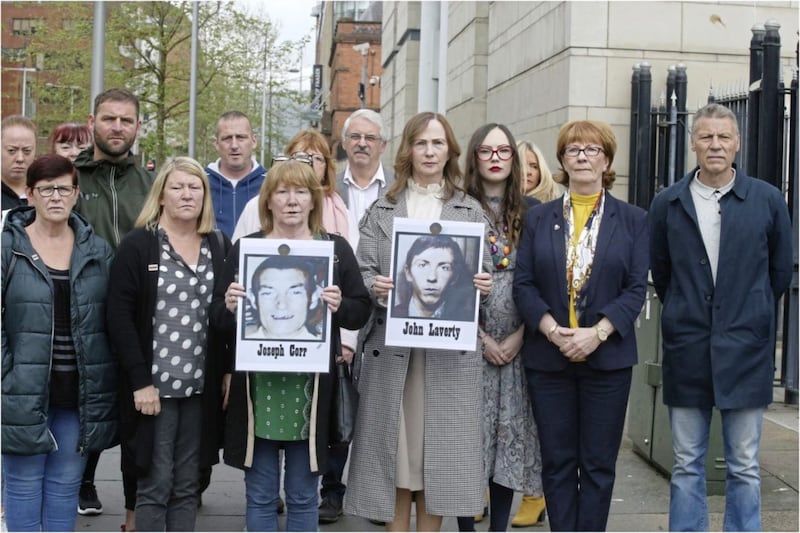
The inquest into the deaths of Joseph Corr and Mr Laverty started on Monday. They died after being shot in separate incidents in Springfield Road in the early hours of August 11.
Bernard Doyle is to conclude his evidence on Tuesday.
